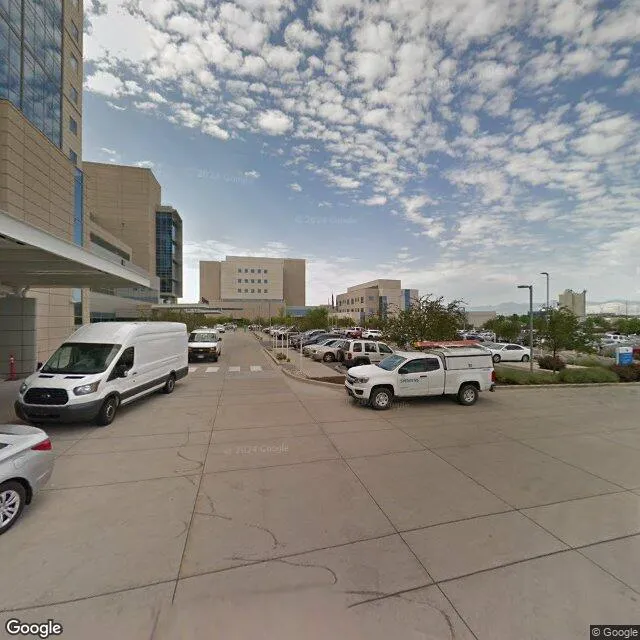Intermountain Medical Center - MedSurg Surgical Trauma


Monday: 8:30 am – 5:00 pm
Tuesday: 8:30 am – 5:00 pm
Wednesday: 8:30 am – 5:00 pm
Thursday: 8:30 am – 5:00 pm
Friday: 8:30 am – 3:00 pm
Saturday: Closed
Sunday: Closed

Intermountain Medical Center - MedSurg Surgical Trauma in Murray, Utah is a warm and inviting facility dedicated to providing high-quality care for all its patients. It is equipped with state-of-the-art technology and staffed with highly trained professionals, ensuring the best possible outcomes.
Located in Murray, Utah, Intermountain Medical Center - MedSurg Surgical Trauma provides comprehensive medical and surgical care. This state-of-the-art medical center is dedicated to providing compassionate, quality care to its patients. The center's mission is to improve the health of its community by providing medical care that is patient-centered, evidence-based, and cost-effective. Intermountain Medical Center - MedSurg Surgical Trauma offers a variety of services, including general surgery, trauma care, and orthopedic surgery. In addition, the center is equipped to provide care for patients with cancer and neurological disorders. Intermountain Medical Center - MedSurg Surgical Trauma is also equipped to provide advanced surgical care in cardiac, thoracic, and vascular surgery. The center is committed to providing the highest quality of care to its patients, as well as educating patients and families to help them make informed decisions about their health.
Do you manage this facility?
Claim your profile now to suggest edits to this page or post a shift.
Download the Nursa App

Until then, you can continue with the app to signup or login.
Address


Nursa's Favorites
Nursa reviews are only left by clinicians who have completed a shift at a specific healthcare facility using the Nursa app. Each review goes through a strict verification process to ensure authenticity and reliability. Make informed decisions with confidence, knowing that Nursa reviews are directly from other clinicians with real firsthand experience who have used the app to work at the facility. Verified. Reliable. Transparent.
Interested in this facility?

Pick Up a Job Today
Find per diem PRN job opportunities in your area. High paying CNA, LPN and RN and many more licences are available now.
Join NursaPost Your Jobs Today
Facilities who use Nursa fill 3 times as many open per diem shifts, on average, compared to trying to fill the shifts themselves.
Post Jobs











.svg)
